Opinion: Calling “BS” on Climate Change Inaction: Taking Renewed Civic Engagement Beyond Gun Control
“We call BS. That us kids don’t know what we’re talking about, that we’re too young to understand how the government works.”
These are the passionate words from Emma Gonzalez, one of the most outspoken survivors of the mass shooting at Stoneman Douglas High School in Parkland, Florida. Since the shooting last month, countless young people have stepped up across the nation as advocates of gun policy change — a wave that has sparked a national and international debate about the legitimacy of the voices of some of our nation’s youngest citizens. Locally, school walkouts in support of gun policy advocacy are planned at Foothill College on March 14 at 10:00 am. Nationally, March for Our Lives — marches in support for gun policy change — are taking place on March 24 in cities across the country. As a Political Science major, it is heartwarming to see the engagement in the civic process on behalf of these students. It is often too easy to wonder whether or not future generations of Americans understand the importance of being politically active citizens, regardless of party preference. These kids, after all, are kids. Some of them have not even graduated high school and are just beginning to step into the realm of politics.
However, American politics are fickle. Often, topics such as gun policy can become national subjects of conversation and disappear from the conversation in the space of the same month. The most interesting aspect about these students from Stoneman Douglas is that they have refused to go away or to be silenced by more “experienced” thinkers. They have fought for gun advocacy to remain in the national spotlight by appearing on major political news networks to debate their fiercest critics, by marching to the State Capital in Tallahassee, Florida to voice their displeasure with representatives, and by making sure that their efforts are being heard across the nation.
One is indeed uplifted when they hear or read about the level of support and political action being generated by these students. But one cannot help but wonder what other issues this level of civic engagement can be extended to. Can we also call into question the other issues of this generation? If so, I would suggest the advocacy of action on climate change. According to the results of the World Economic Forum’s Global Shapers Survey of 2017, a survey designed to explore the perceptions of over 31,000 people, aged 18-to-35 years, from 186 countries. The number one issue according to American respondents, asked what the most serious issue affecting the world today is, was climate change and the destruction of nature. Support for climate change policy exists, but it is not being heard. But now, especially in light of recent policy changes made by President Trump, we need those voices to be heard.
On March 2nd, the New York Times revealed that the revenue generated from the recent shrinking of Bears Ears National Monument had been earmarked as part of President Trump’s effort to expand on oil, gas, and coal development. The 85 percent shrinkage of Bears Ears has been a part of a long-standing program within Utah that has identified oil and gas deposits in national parks and monuments as potential sources of income to be used for raising revenue for public school districts. This is a backwards way of thinking that reeks of antiquated notions of environmental sacrifice for capitalistic gains.
Furthermore, this economic-environmental exchange does not just exist at the state level. One aspect of President Trump’s new budget proposal calls for $18 billion dollars allocated for fixing the National Park Service’s massive maintenance backlog. This consists of repairs to vital infrastructure in national parks at a time when park visitation is at its highest level ever, which in theory seems like a good idea. However, what is paying for the cost of these maintenances? Revenue generated from firing NPS employees and deregulating oil and gas extraction on public lands. Once again, the American government chooses to cut off its nose to spite its environmental face.
Finally, the very act of de-federalization of public lands is strictly anti-American. The creator of the NPS, President Theodore Roosevelt, said that “we have fallen heirs to the most glorious heritage a people ever received, and each one must do his part if we wish to show that the nation is worthy of its good fortune.” This “heritage,” as President Roosevelt calls it, is an intrinsic part of our national identity, for better or for worse. It is up to us to care for heritage, in much the same way it is the responsibility of the young to take care of the elderly.
But haven’t politicians always sacrificed the environmental in exchange for monetary gain? Yes, this is a long-standing trend. And this is why it is perhaps the perfect moment to capitalize on the rise of civic engagement in the country. Politicians have long been stereotyped as willing to exchange morality for a quick buck (One only needs to talk to Senator Marco Rubio to figure that out.) Is it not a good time to readjust our perception of what is possible politically, to readjust the stereotypes of our political figures? If climate change is to become the preeminent political topic of the future, should we not begin to fix the problem now?
The answer is, obviously, yes — which is why we should be supporting the students of Stoneman Douglas High School for not only their bravery to become vocal voices on divisive issues, but also for how their efforts inspire others. These specific students cannot take on every injustice in society, but their actions can lead to others to take up the mantle of civic engagement on other important issues. This is why I believe climate change is to become the next mainstream cause supported in the way gun control has been in the wake of this most recent shooting. The support of the future leaders of America is there, but time is running out. There is an environmental pistol being cocked and placed against society’s head, and unless we choose to call out the actions of those who are responsible, society may be resigned to its fate. Hopefully, my generation can be the ones to address this gun against our heads and call out the climate change “BS.”

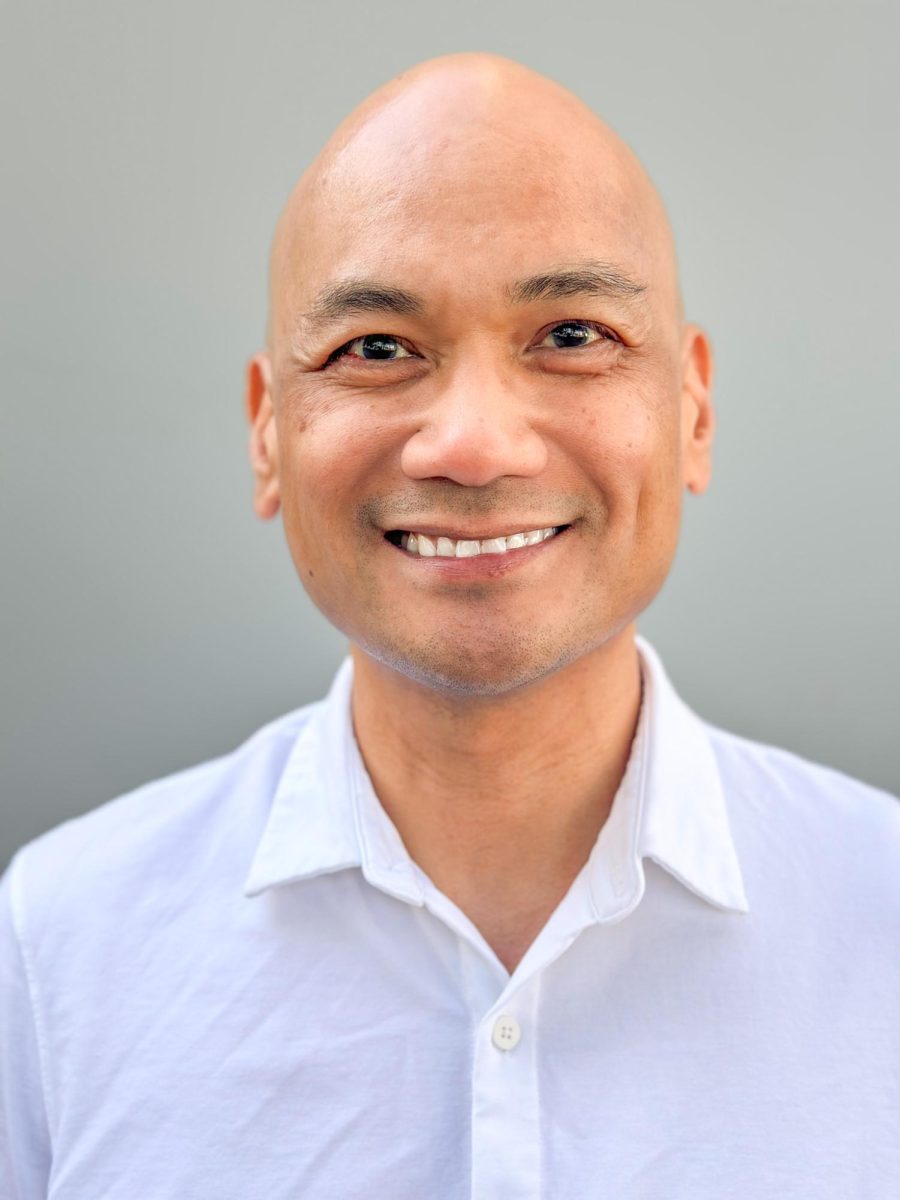
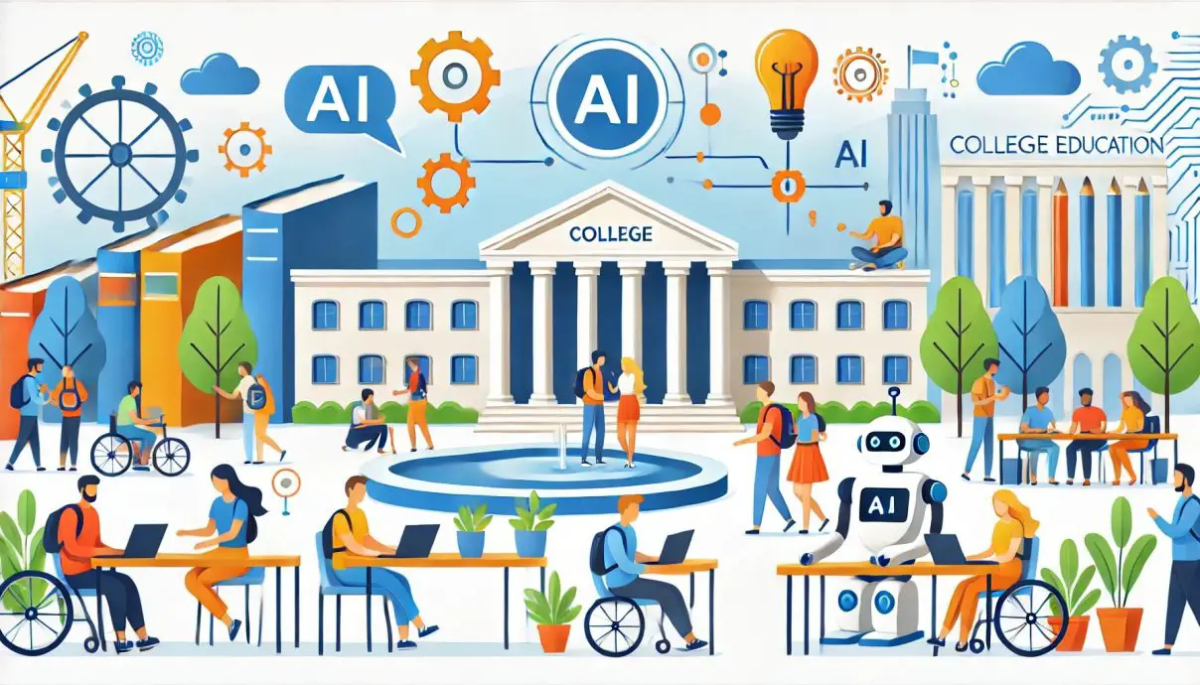


















































































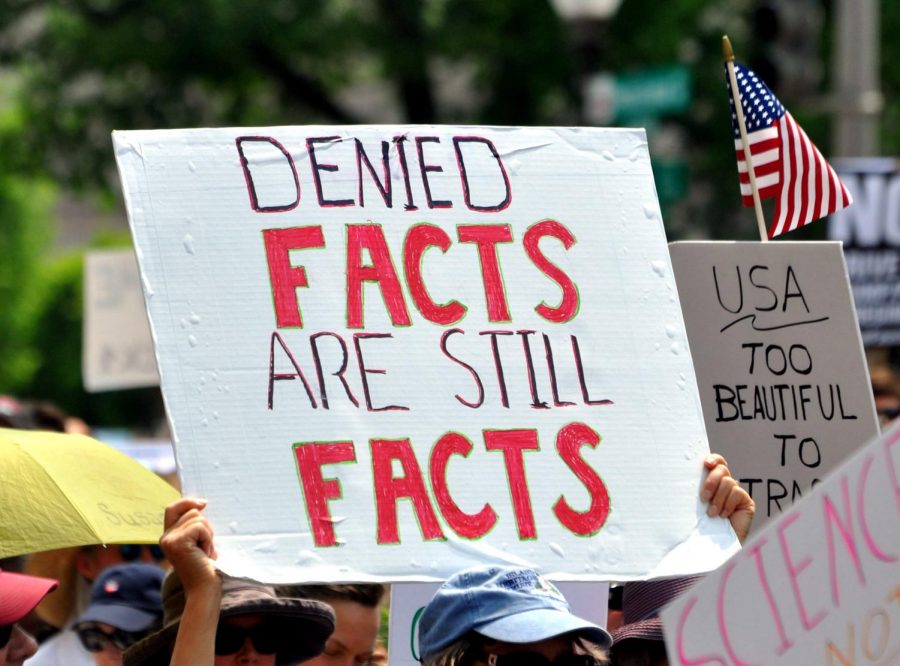
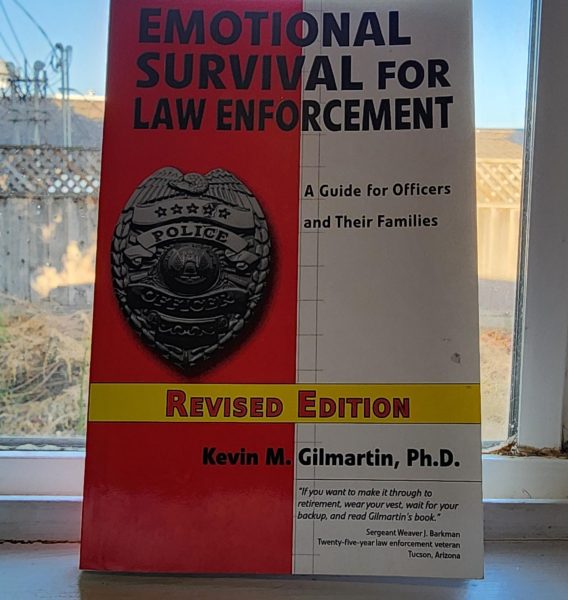
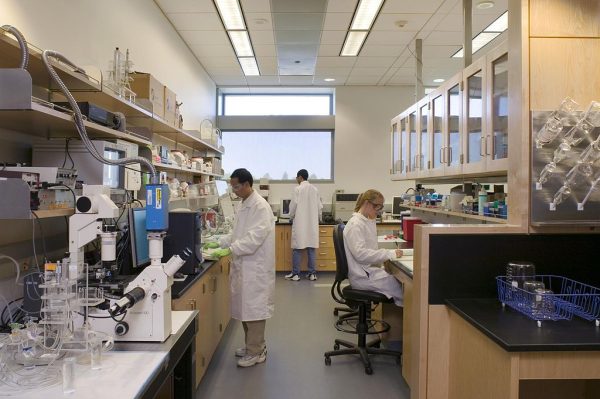
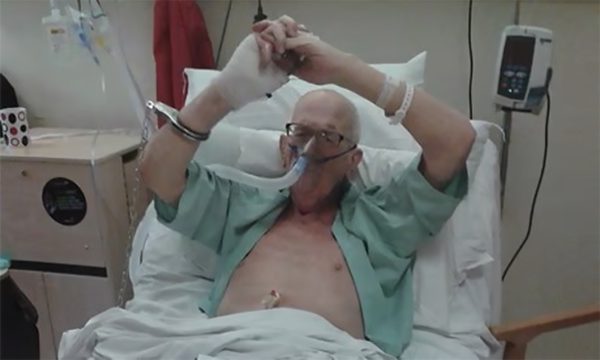
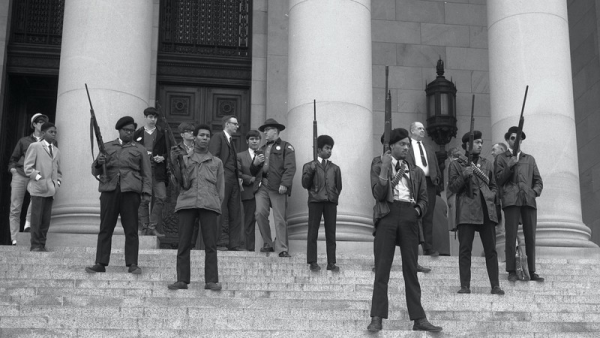
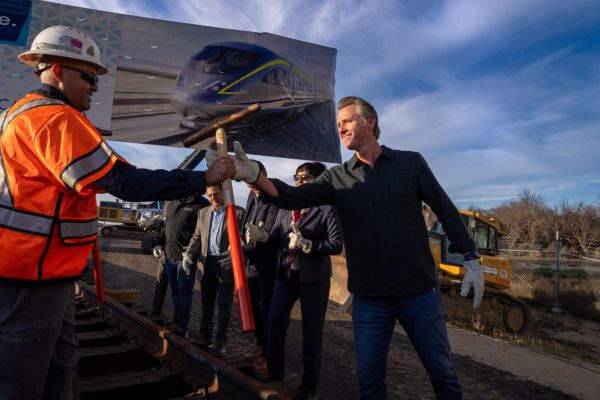
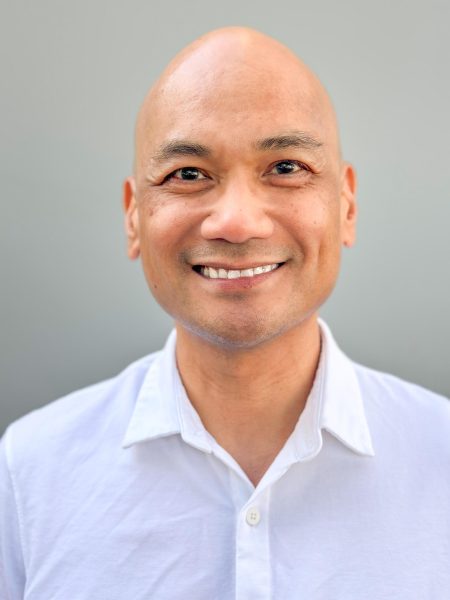
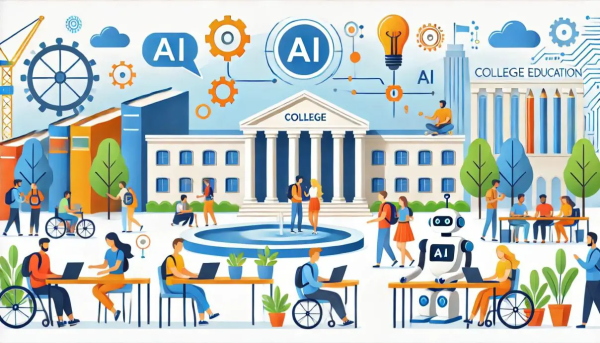
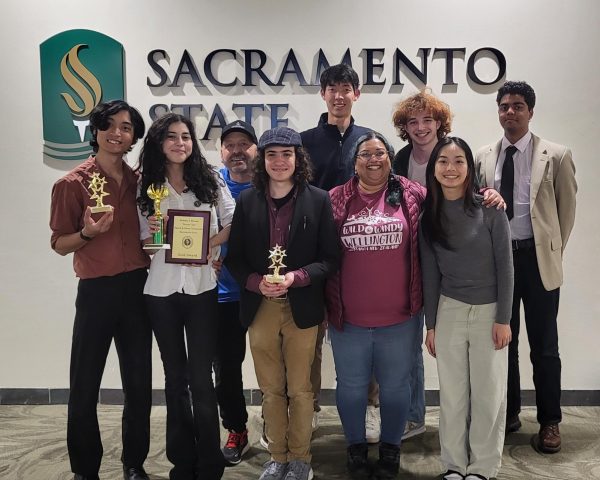
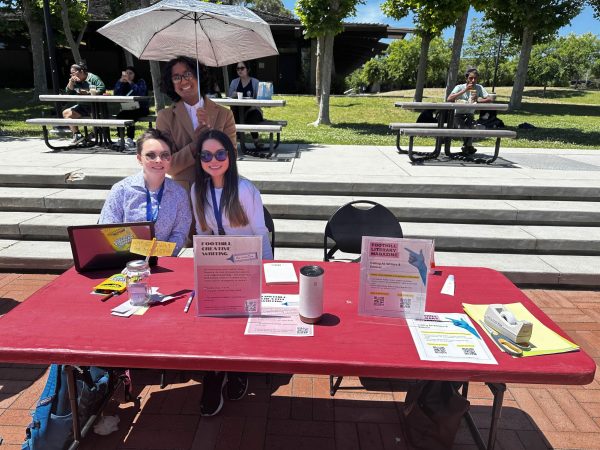

Kareeda Kabir
Mar 22, 2018 at 1:19 pm
I was so upset when I first heard about the de-federalization of public lands. I suppose one way to convince people to save public lands and parks is to look at the capitalistic side: natural landmarks bring tourists and create a tourism industry. However, to me, this is pretty immoral, as it is our responsibility to take care of nature, not profit off of it. I think in the end civic engagement is the key to healing our planet and our communities, and my hope is that this generation is extremely vocal and active.
Sean Baker
Mar 19, 2018 at 8:09 pm
We need more articles like this. It was very refreshing to read a piece breaking down a few of the most important issues directly affecting our generations future. I am glad this article voiced the opinions of young adults and children because we are the ones growing up in this world and our political leaders of today are too fast to sell out our good future for short term monetary gain. It is sad our political system is run by so many older generations who don’t understand how quickly our futures are changing, and not realizing if we don’t act now our society could be massively impacted. I hope more young people will become involved in shaping the future correctly, and taking head on large problems instead of talking about them momentarily then forgetting about them once the next big news breaks.
J
Mar 16, 2018 at 10:22 am
This is a really thought-provoking piece and I certainly hope your proposals will be taken seriously. You’re exactly right that most people are fed up with the inaction of our elected leaders and one can only hope that they become more accountable to their electorate. That said, I do wonder if the movement for environmental responsibility is already too late. Unfortunately, the climate change problem will require global cooperation, which seems impossible to achieve given the lack of cooperation domestically in the gun control debate. I think the critical part to mitigating climate change will be in continuing to industrialize the world’s developing nations without spewing pollution into the atmosphere – whether or not this is possible I don’t know.
Solutions won’t be easy to come by and we’ll need worldwide cooperation. If we can’t agree on how to prevent it altogether, we might end up being forced to agree on how to lessen its impact. I’m hopeful that research being done right now will prevent environmental crisis no matter how ugly the solution may be: https://www.technologyreview.com/s/603974/harvard-scientists-moving-ahead-on-plans-for-atmospheric-geoengineering-experiments/
Mariam Aiyed
Mar 15, 2018 at 10:29 pm
The way the issue of gun control was tied into climate change was done seamlessly. Not only are the two extremely important topics that need to have action taken on them, but are also topics that are heavily mentioned by the generation. The insight provided is not biased in the slightest either; but rather, is informational and supplies the reader with even more information on climate change and just how important our President finds it.
Jenn Becker
Mar 14, 2018 at 8:00 pm
I don’t think this will work as nicely as we may hope. People are rising up against gun violence because they saw the tangible consequences of it and people will not belive climate change is real nonetheless see its impacts until it’s too late. Unless someone can make fighting climate change cool trendy hip and relevant.